Elderly poverty rate hits 40%, medical and caregiving costs add burden
입력 2025.01.04 (00:43)
읽어주기 기능은 크롬기반의
브라우저에서만 사용하실 수 있습니다.
[Anchor]
In our ongoing series examining the challenges of an ultra-aged society, today (1.3) we will look into issues of elderly poverty and medical expenses.
The elderly poverty rate in South Korea is about 40%, the highest in the world.
In particular, medical and caregiving costs are a significant burden.
Reporter Kim Ha-eun has the story.
[Report]
Elderly people lined up in front of the welfare center's cafeteria.
For 4,000 won, they can have a meal, and 80-year-old Shin Hyun-ki visits this place every other day.
With only about 800,000 won a month from the national pension and basic pension, he always struggles with living expenses.
[Shin Hyun-ki/Eunpyeong-gu, Seoul/ in his 80s: "The cost of medicine is high. My children help me, so I can live like this. Otherwise, it would be impossible."]
The elderly poverty rate in South Korea is about 40%.
Four out of ten elderly people earn less than half of the median income, which is three times the OECD average.
In particular, among those aged 76 and older, one in two faces high poverty rates.
In such tough living conditions, medical expenses are the biggest burden.
[Yoon Se-jeong/Eunpyeong-gu, Seoul/in her 70s: "Since there is no actual insurance or anything, just a few injections can cost 600,000 to 1 million won."]
In 2023, medical expenses for the elderly reached 49 trillion won, a 7% increase from the previous year.
On average, an elderly person spends 5.43 million won a year, excluding out-of-pocket medical expenses.
The average monthly cost for hospitalization in a nursing hospital and hiring a caregiver is 3.7 million won.
Even if adult children have economic capabilities, it is a level that is difficult to bear.
[Heo Jun-soo/Professor, Department of Social Welfare, Soongsil University: "It is very necessary to expand facilities and infrastructure for elderly care. Even a slight increase in health insurance for caregiving costs would help."]
As the burden of medical and caregiving costs for the elderly continues to rise in an ultra-aged society, there are calls to strengthen the government's public responsibility.
This is KBS News, Kim Ha-eun.
In our ongoing series examining the challenges of an ultra-aged society, today (1.3) we will look into issues of elderly poverty and medical expenses.
The elderly poverty rate in South Korea is about 40%, the highest in the world.
In particular, medical and caregiving costs are a significant burden.
Reporter Kim Ha-eun has the story.
[Report]
Elderly people lined up in front of the welfare center's cafeteria.
For 4,000 won, they can have a meal, and 80-year-old Shin Hyun-ki visits this place every other day.
With only about 800,000 won a month from the national pension and basic pension, he always struggles with living expenses.
[Shin Hyun-ki/Eunpyeong-gu, Seoul/ in his 80s: "The cost of medicine is high. My children help me, so I can live like this. Otherwise, it would be impossible."]
The elderly poverty rate in South Korea is about 40%.
Four out of ten elderly people earn less than half of the median income, which is three times the OECD average.
In particular, among those aged 76 and older, one in two faces high poverty rates.
In such tough living conditions, medical expenses are the biggest burden.
[Yoon Se-jeong/Eunpyeong-gu, Seoul/in her 70s: "Since there is no actual insurance or anything, just a few injections can cost 600,000 to 1 million won."]
In 2023, medical expenses for the elderly reached 49 trillion won, a 7% increase from the previous year.
On average, an elderly person spends 5.43 million won a year, excluding out-of-pocket medical expenses.
The average monthly cost for hospitalization in a nursing hospital and hiring a caregiver is 3.7 million won.
Even if adult children have economic capabilities, it is a level that is difficult to bear.
[Heo Jun-soo/Professor, Department of Social Welfare, Soongsil University: "It is very necessary to expand facilities and infrastructure for elderly care. Even a slight increase in health insurance for caregiving costs would help."]
As the burden of medical and caregiving costs for the elderly continues to rise in an ultra-aged society, there are calls to strengthen the government's public responsibility.
This is KBS News, Kim Ha-eun.
■ 제보하기
▷ 카카오톡 : 'KBS제보' 검색, 채널 추가
▷ 전화 : 02-781-1234, 4444
▷ 이메일 : kbs1234@kbs.co.kr
▷ 유튜브, 네이버, 카카오에서도 KBS뉴스를 구독해주세요!
- Elderly poverty rate hits 40%, medical and caregiving costs add burden
-
- 입력 2025-01-04 00:43:03
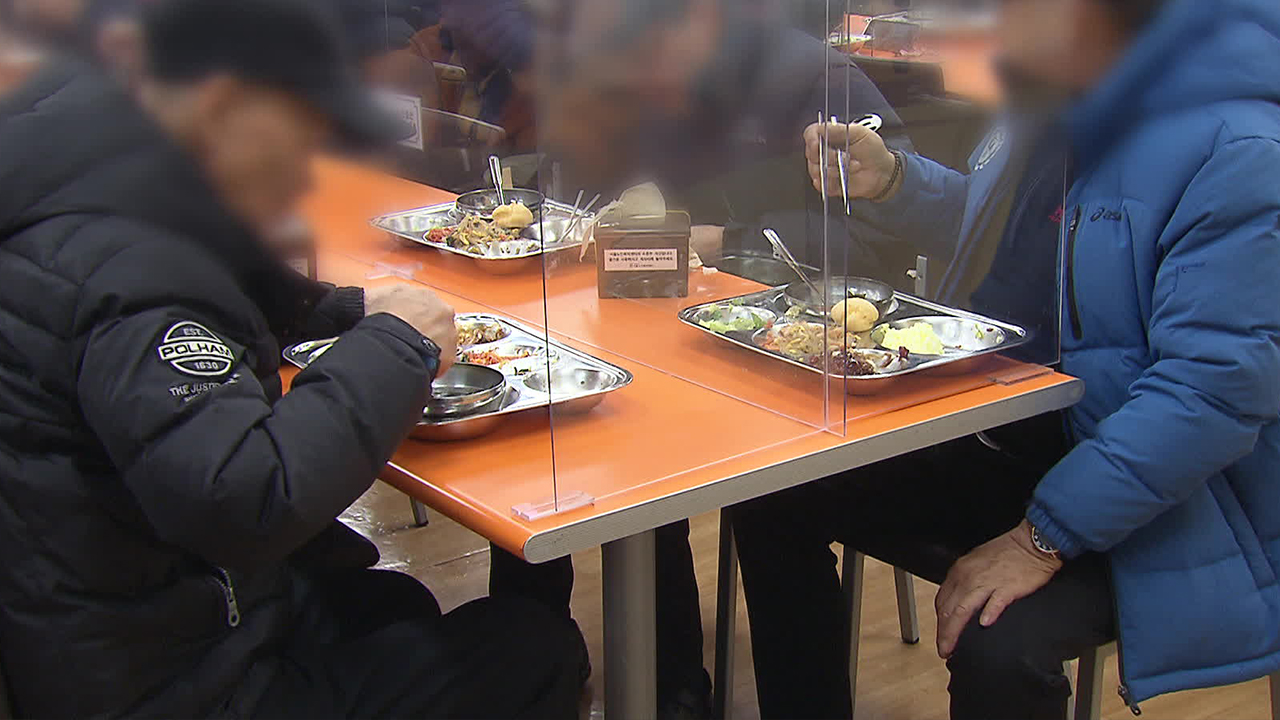
[Anchor]
In our ongoing series examining the challenges of an ultra-aged society, today (1.3) we will look into issues of elderly poverty and medical expenses.
The elderly poverty rate in South Korea is about 40%, the highest in the world.
In particular, medical and caregiving costs are a significant burden.
Reporter Kim Ha-eun has the story.
[Report]
Elderly people lined up in front of the welfare center's cafeteria.
For 4,000 won, they can have a meal, and 80-year-old Shin Hyun-ki visits this place every other day.
With only about 800,000 won a month from the national pension and basic pension, he always struggles with living expenses.
[Shin Hyun-ki/Eunpyeong-gu, Seoul/ in his 80s: "The cost of medicine is high. My children help me, so I can live like this. Otherwise, it would be impossible."]
The elderly poverty rate in South Korea is about 40%.
Four out of ten elderly people earn less than half of the median income, which is three times the OECD average.
In particular, among those aged 76 and older, one in two faces high poverty rates.
In such tough living conditions, medical expenses are the biggest burden.
[Yoon Se-jeong/Eunpyeong-gu, Seoul/in her 70s: "Since there is no actual insurance or anything, just a few injections can cost 600,000 to 1 million won."]
In 2023, medical expenses for the elderly reached 49 trillion won, a 7% increase from the previous year.
On average, an elderly person spends 5.43 million won a year, excluding out-of-pocket medical expenses.
The average monthly cost for hospitalization in a nursing hospital and hiring a caregiver is 3.7 million won.
Even if adult children have economic capabilities, it is a level that is difficult to bear.
[Heo Jun-soo/Professor, Department of Social Welfare, Soongsil University: "It is very necessary to expand facilities and infrastructure for elderly care. Even a slight increase in health insurance for caregiving costs would help."]
As the burden of medical and caregiving costs for the elderly continues to rise in an ultra-aged society, there are calls to strengthen the government's public responsibility.
This is KBS News, Kim Ha-eun.
In our ongoing series examining the challenges of an ultra-aged society, today (1.3) we will look into issues of elderly poverty and medical expenses.
The elderly poverty rate in South Korea is about 40%, the highest in the world.
In particular, medical and caregiving costs are a significant burden.
Reporter Kim Ha-eun has the story.
[Report]
Elderly people lined up in front of the welfare center's cafeteria.
For 4,000 won, they can have a meal, and 80-year-old Shin Hyun-ki visits this place every other day.
With only about 800,000 won a month from the national pension and basic pension, he always struggles with living expenses.
[Shin Hyun-ki/Eunpyeong-gu, Seoul/ in his 80s: "The cost of medicine is high. My children help me, so I can live like this. Otherwise, it would be impossible."]
The elderly poverty rate in South Korea is about 40%.
Four out of ten elderly people earn less than half of the median income, which is three times the OECD average.
In particular, among those aged 76 and older, one in two faces high poverty rates.
In such tough living conditions, medical expenses are the biggest burden.
[Yoon Se-jeong/Eunpyeong-gu, Seoul/in her 70s: "Since there is no actual insurance or anything, just a few injections can cost 600,000 to 1 million won."]
In 2023, medical expenses for the elderly reached 49 trillion won, a 7% increase from the previous year.
On average, an elderly person spends 5.43 million won a year, excluding out-of-pocket medical expenses.
The average monthly cost for hospitalization in a nursing hospital and hiring a caregiver is 3.7 million won.
Even if adult children have economic capabilities, it is a level that is difficult to bear.
[Heo Jun-soo/Professor, Department of Social Welfare, Soongsil University: "It is very necessary to expand facilities and infrastructure for elderly care. Even a slight increase in health insurance for caregiving costs would help."]
As the burden of medical and caregiving costs for the elderly continues to rise in an ultra-aged society, there are calls to strengthen the government's public responsibility.
This is KBS News, Kim Ha-eun.
이 기사가 좋으셨다면
-
좋아요
0
-
응원해요
0
-
후속 원해요
0










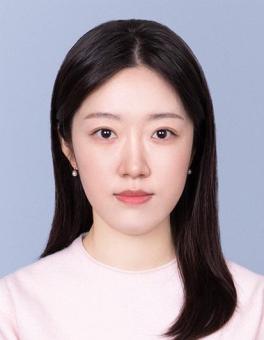
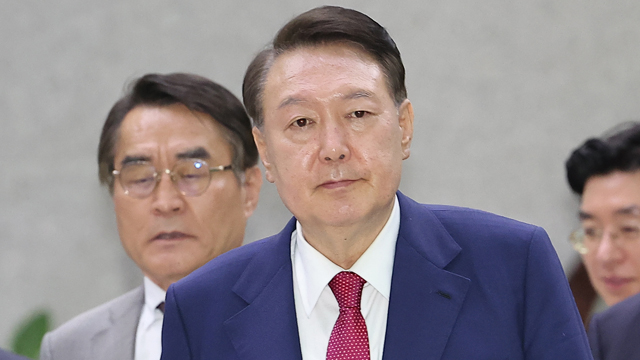
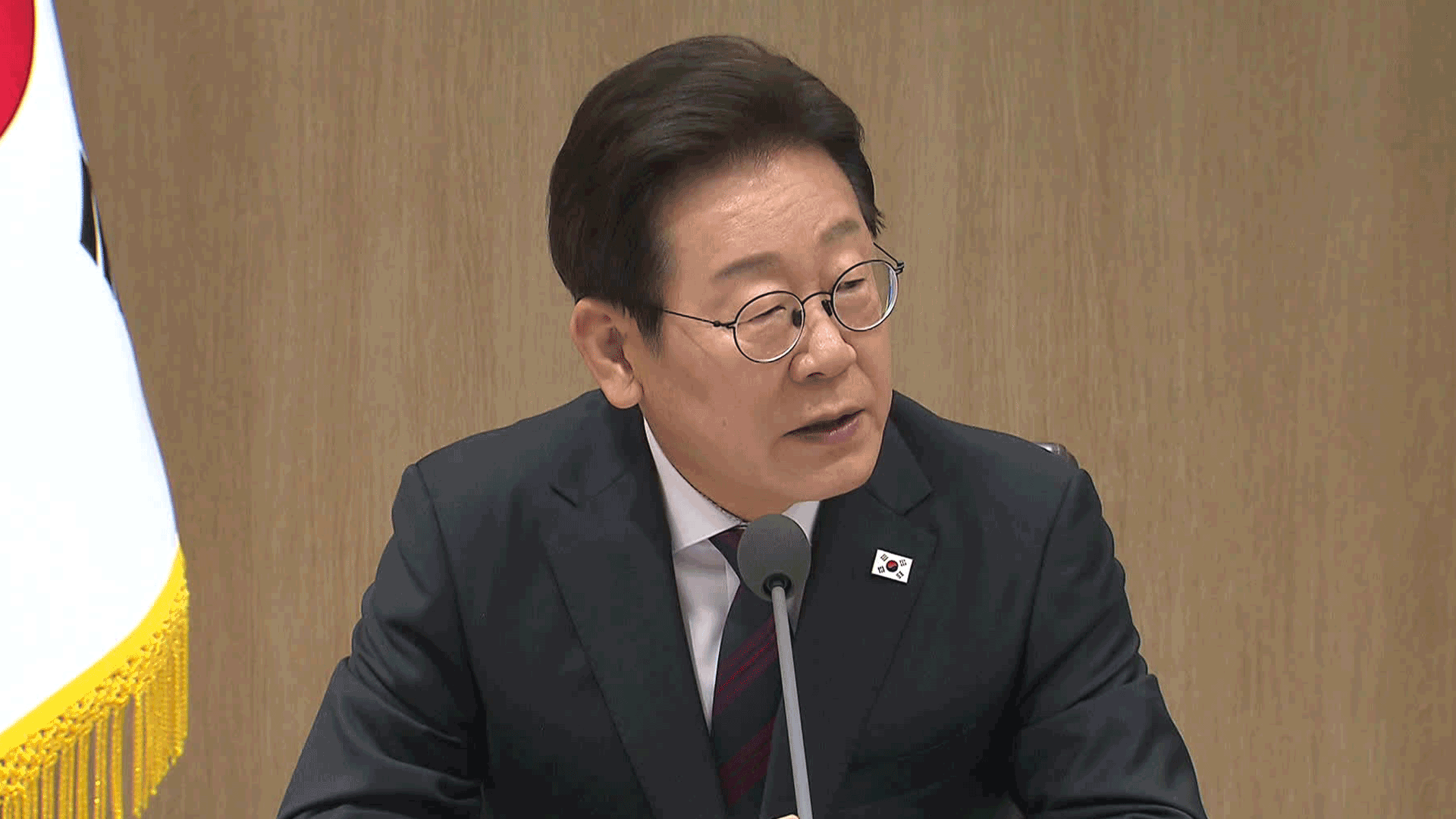
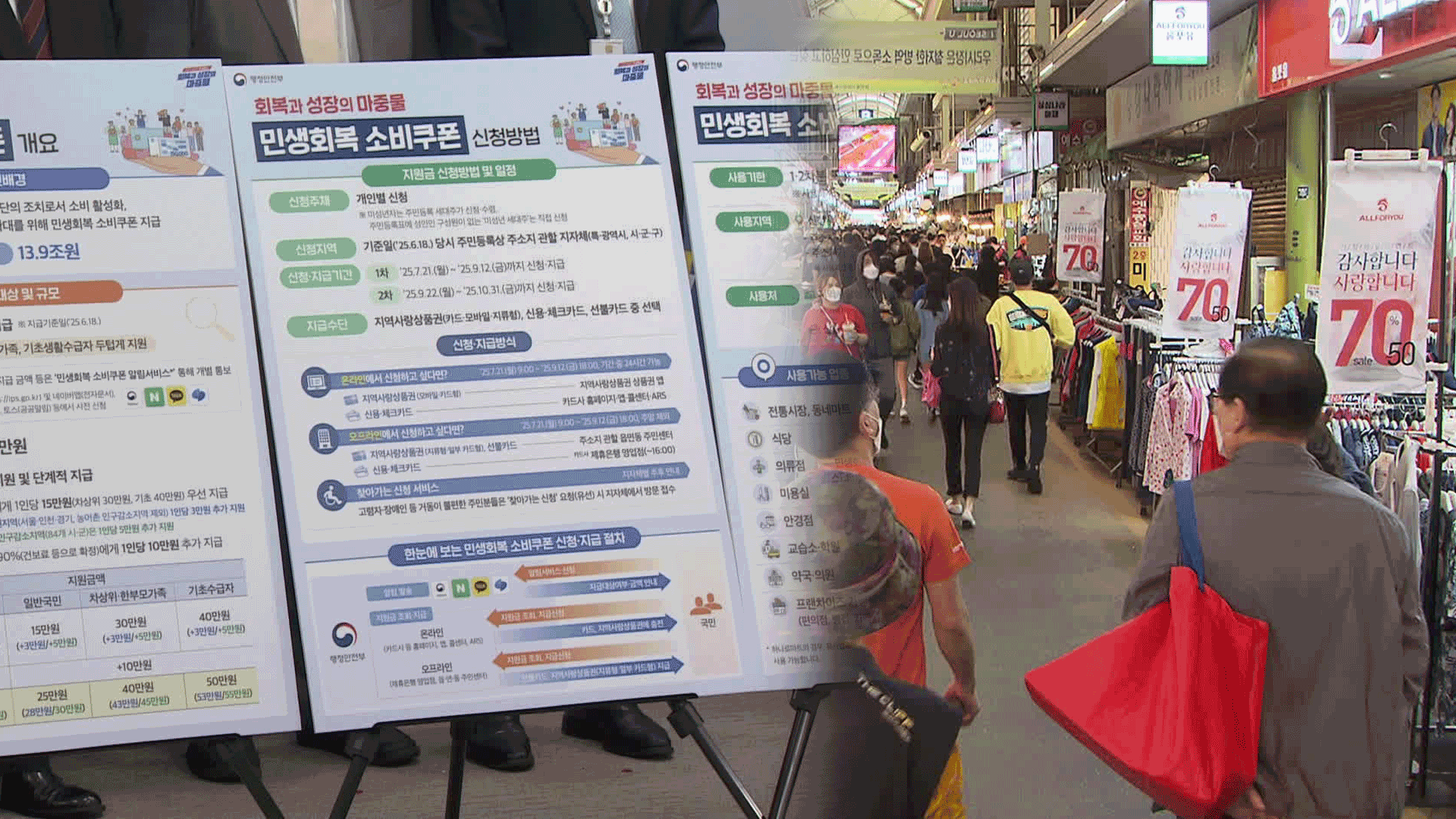
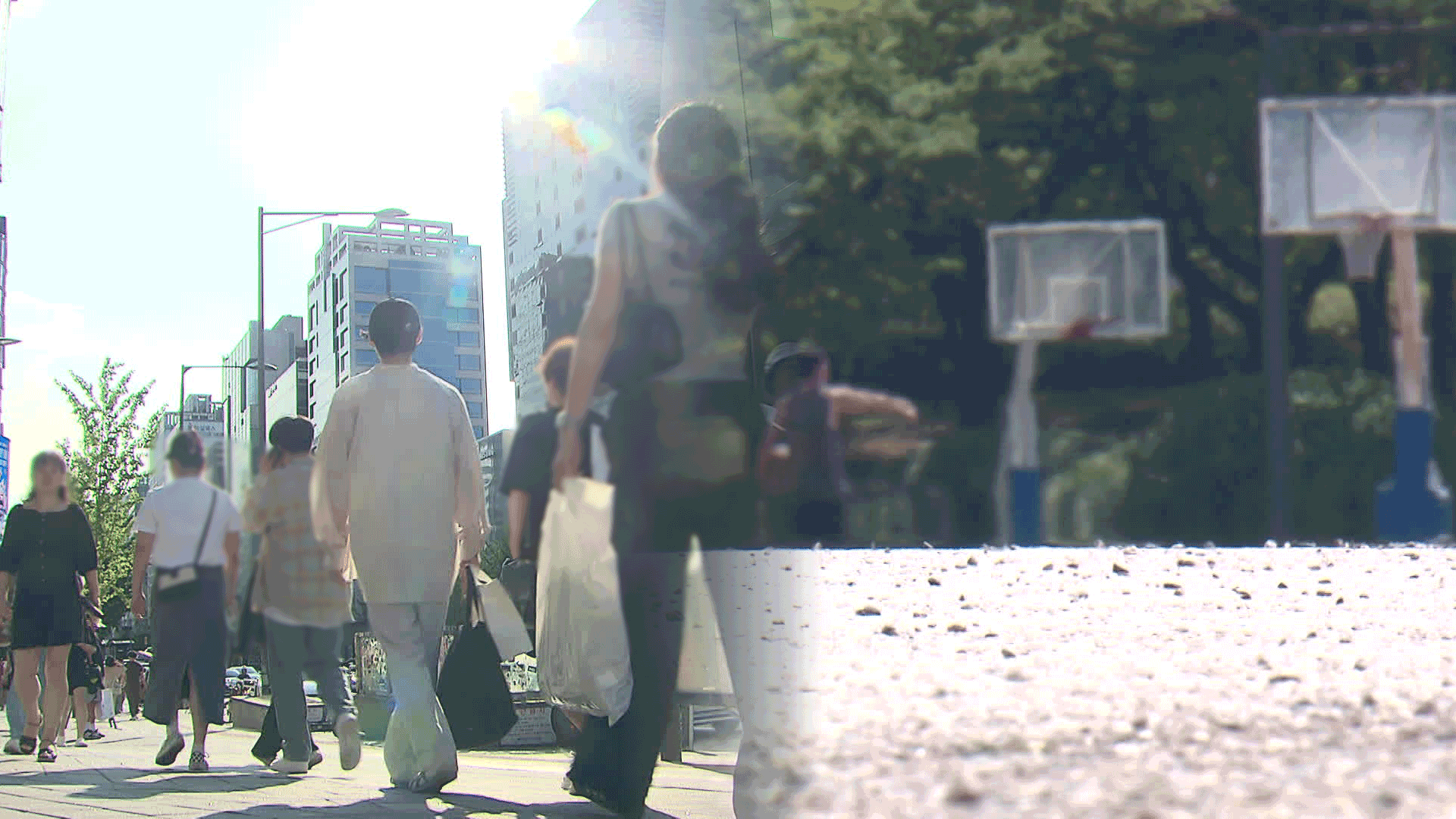

이 기사에 대한 의견을 남겨주세요.